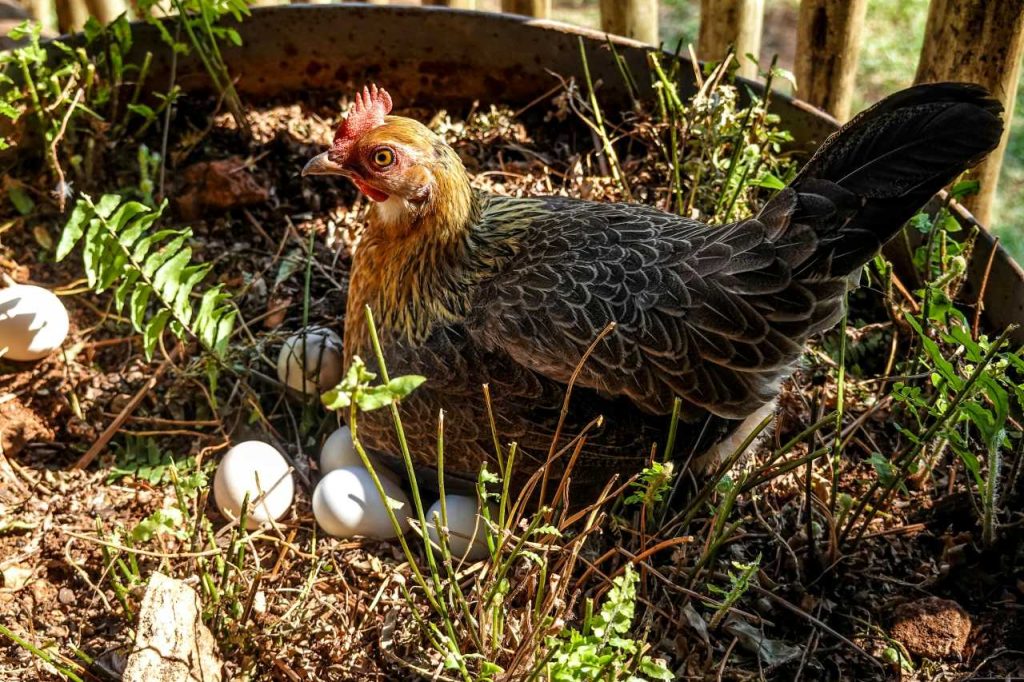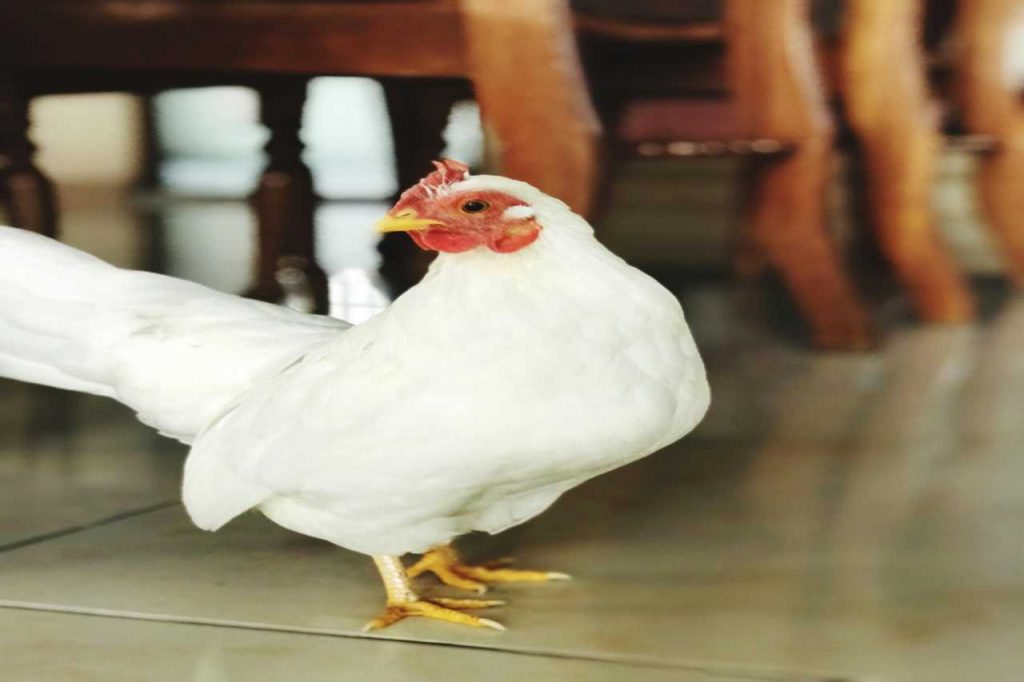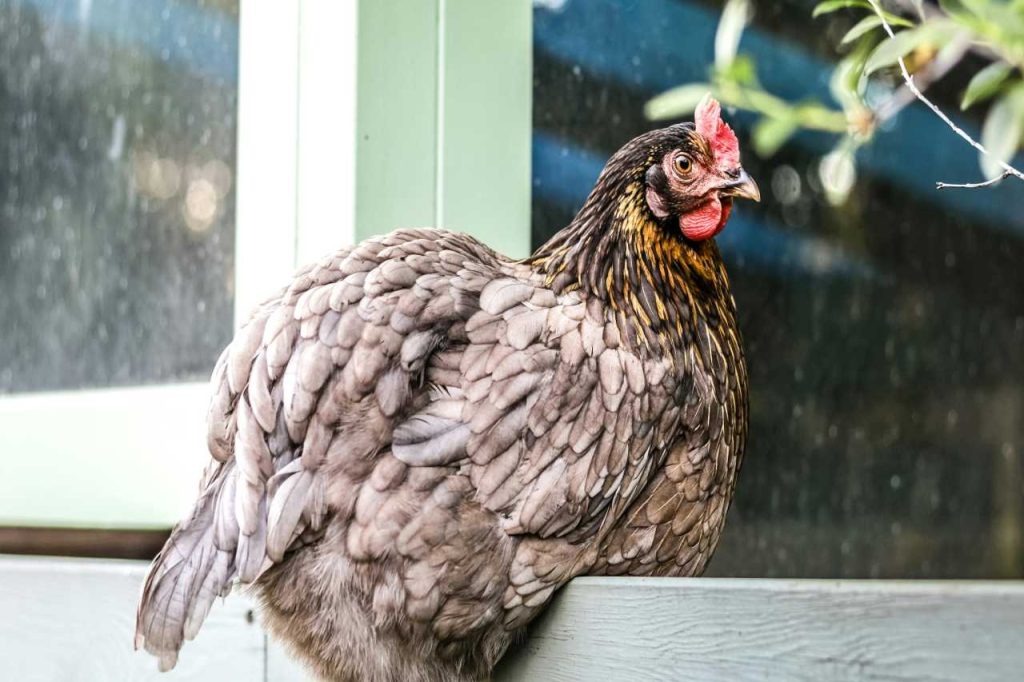Chickens are fascinating creatures that have become integral to agriculture and domestic life worldwide. While many people are familiar with the basics of chickens—such as their role in egg production and as a source of meat—there’s so much more to these birds than meets the eye.
Whether you’re a seasoned poultry enthusiast or just curious about these charming animals, here are ten chicken facts that will enrich your understanding of them.
1. Chickens Are Descendants of Wild Birds
Chickens are domesticated descendants of the red junglefowl, a wild bird native to Southeast Asia. Genetic studies indicate that domestication began over 8,000 years ago. Understanding this lineage helps explain some of their behaviors and characteristics.
- Wild Origins: The red junglefowl is known for its adaptability, which is a trait still found in many domesticated breeds today. Chickens have inherited various survival instincts from their wild ancestors, such as foraging for food and being alert to potential predators.
- Evolutionary Traits: Modern chickens exhibit behaviors that reflect their wild ancestry, such as dust-bathing, foraging, and establishing social hierarchies. These traits can be observed even in domestic breeds.

2. Chickens Are Social Animals
Chickens are highly social creatures that thrive in flocks. They have a complex social structure known as a “pecking order,” which determines their hierarchy and social interactions. Each chicken has a specific rank, and this structure helps minimize conflict within the group.
- Social Bonds: Chickens form strong social bonds with their flock mates. They communicate through vocalizations, body language, and even facial expressions, creating a cohesive community. Observing these interactions can be quite fascinating, as it reveals the depth of their social dynamics.
- Stress Reduction: Keeping chickens in a group helps reduce stress, as they feel safer and more secure when surrounded by their flock. Chickens will often comfort each other when feeling threatened or stressed, showcasing their empathetic behavior.
3. Chickens Can Recognize Human Faces
Research has shown that chickens have impressive cognitive abilities, including the capacity to recognize and remember human faces. They can differentiate between familiar and unfamiliar people, which is particularly useful for farmers and poultry keepers.
- Recognition Skills: Chickens can remember up to 100 different faces, including humans and other chickens. This ability helps them navigate their social environment effectively. Farmers often notice that their chickens can recognize them and respond differently to familiar faces compared to strangers.
- Positive Reinforcement: Chickens often respond better to caregivers who treat them kindly and provide food rewards. Building a trusting relationship with your chickens can lead to calmer and more sociable birds.
4. They Lay Eggs Regularly
Chickens are known for their ability to lay eggs consistently. The average hen can lay about 300 eggs per year, depending on the breed and care. Factors such as age, diet, and lighting conditions can influence egg production.
- Egg Color Variations: Chicken eggs come in various colors, including white, brown, blue, and green. The color is determined by the breed of the chicken and does not affect the taste or nutritional value of the egg. The breed of chicken you choose can impact not only the color but also the size and flavor of the eggs.
- Egg-laying Cycle: Hens typically lay eggs every 24-26 hours. The laying cycle can be influenced by factors like stress, temperature, and daylight exposure. Providing adequate lighting and reducing stress can help maintain consistent egg production.
5. Chickens Have Unique Personalities
Just like other animals, chickens have unique personalities and temperaments. Some may be friendly and curious, while others can be shy or aggressive. Understanding their individual personalities can enhance the experience of keeping chickens.
- Curiosity: Chickens are naturally curious and love to explore their environment. Providing them with interesting activities and toys can keep them engaged and mentally stimulated. For example, hanging vegetables or using treat dispensers can encourage foraging behavior.
- Social Interaction: Some breeds are more sociable than others. For example, breeds like the Orpington and Silkie are known for their friendly and calm demeanor, making them excellent pets. Observing the interactions between different breeds can provide insights into their social behaviors.
6. Chickens Have Excellent Hearing

Chickens possess a keen sense of hearing, allowing them to detect sounds that humans cannot. They can hear a range of frequencies and are particularly responsive to higher pitches. This heightened sense helps them stay aware of their surroundings and potential dangers.
- Alarm Calls: Chickens have distinct vocalizations for different situations, including alarm calls that warn their flock of predators. Understanding these sounds can help caregivers ensure the safety of their flock. Chickens will often sound an alarm call when they see a hawk or other potential threat.
- Communication: Chickens communicate using over 30 different vocalizations, each serving a unique purpose, such as attracting mates, signaling distress, or indicating hunger. Being attuned to these vocalizations can enhance the bond between chickens and their caretakers.
7. They Have a Diverse Diet
Chickens are omnivores, meaning they eat a wide variety of foods. Their diet typically consists of grains, seeds, fruits, vegetables, insects, and even small animals. This varied diet is essential for their health and egg production.
- Foraging Behavior: Chickens love to forage for food, which stimulates their natural instincts. Providing access to free-range environments allows them to explore and find additional food sources. This natural behavior contributes to their overall well-being and happiness.
- Balanced Nutrition: A balanced diet is crucial for maintaining the health and productivity of chickens. Commercial feed can be supplemented with kitchen scraps and garden produce to enhance their diet. Ensuring they receive a variety of nutrients helps promote optimal health and egg production.
8. Chickens Can Live for a Long Time
With proper care, chickens can live for several years. The average lifespan of a chicken is between 5 to 10 years, depending on the breed and environmental conditions. Some heritage breeds may even live longer.
- Care Requirements: Regular veterinary care, a balanced diet, and a safe living environment contribute to the longevity of chickens. Providing enrichment activities, such as perches and dust baths, can also help keep them physically and mentally healthy.
- Retirement Hens: Many backyard chicken keepers allow their hens to live out their natural lives, even after they stop laying eggs. Retired hens can still be valuable members of the flock and make wonderful pets, often bonding closely with their human caretakers.
9. Chickens Contribute to the Ecosystem
Chickens play a vital role in sustainable agriculture and gardening. They help control pests, fertilize the soil, and contribute to composting efforts. Their natural foraging behavior can improve the health of gardens and farms.
- Pest Control: Chickens love to eat insects, helping to reduce pest populations in gardens and yards. This natural pest control reduces the need for chemical pesticides, making them an eco-friendly addition to any garden.
- Fertilization: Chicken droppings are rich in nutrients and can be composted to create high-quality fertilizer for gardens. Their foraging activities also help aerate the soil, promoting healthy plant growth.
10. Chickens Are Popular Worldwide

Chickens are one of the most widely kept domesticated animals around the globe. They are found in various cultures, serving different purposes, from providing food to serving as pets or even participating in traditional ceremonies.
- Cultural Significance: In many cultures, chickens symbolize prosperity, fertility, and abundance. They hold important roles in festivals, rituals, and culinary traditions. In some cultures, the presence of chickens is believed to bring good fortune.
- Economic Importance: The poultry industry is a significant contributor to the economy, providing employment and food security in many regions. Raising chickens can be a profitable venture for small farmers and homesteaders, offering a sustainable source of income and food.
Conclusion
Chickens are more than just a source of eggs and meat; they are complex animals with unique personalities and behaviors. Understanding these fascinating creatures enhances the experience of keeping chickens and helps promote their welfare. By appreciating the intricacies of chicken life, we can ensure they thrive in our care, contributing to sustainable practices and enriching our lives with their presence. Whether you’re a backyard flock keeper or simply a chicken enthusiast, these facts deepen our appreciation for these remarkable birds, allowing us to forge stronger connections with them and enjoy their companionship in our lives.
